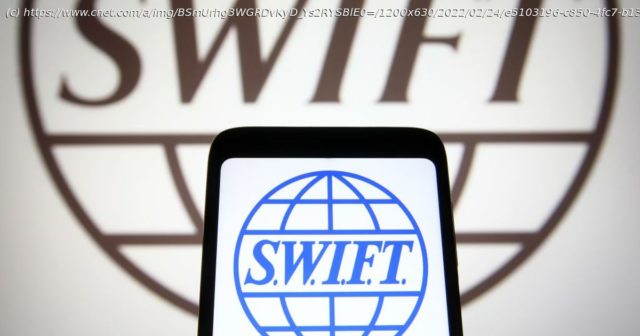President Joe Biden announced what he called a “devastating” slate of sanctions against Russia Thursday afternoon in the wake of the country’s invasion of Ukraine. …
President Joe Biden announced what he called a “devastating” slate of sanctions against Russia Thursday afternoon in the wake of the country’s invasion of Ukraine. In a televised address from the White House, Biden singled out Russian President Vladimir Putin as the aggressor in the conflict. “Putin chose this war,” Biden said. “And now he and his country will bear the consequences.” The European Union has similarly levied several waves of economic sanctions against Moscow, some of which are intended to reach Putin and his inner circle personally. But both the US and its allies are hesitant to kick Russia out of SWIFT, a global secure messaging system that links thousands of financial institutions. “It is always an option,” Biden told reporters, “but right now it’s not the position that the rest of Europe wishes to take.” Here’s what you need to know about US and European sanctions and how they could impact both Russia and the global economy. For more, read about how the Ukraine conflict is influencing gas prices and the danger of retaliatory cyberattacks. Plus: Twitter accounts with credible information on the emerging crisis. After closed-door discussions with leaders of the G7 industrialized nations, Biden announced Thursday afternoon that penalties levied against Russia would include strict export controls that will “impose a severe cost on the Russian economy, both immediately and over time.” Those consequences include export blocks on chips, software and other technology, which Biden said could severely damage Russia’s military and aerospace sector. In addition, the assets of Russian developer VEB and Promsvyazbank, a state-backed bank in Moscow, will be frozen, according to the administration, as will those belonging to oligarchs with close ties to the Kremlin. Biden’s announcement follows the first wave of US sanctions on Tuesday, which targeted other Russian financial institutions and the Russian government’s access to US capital.






